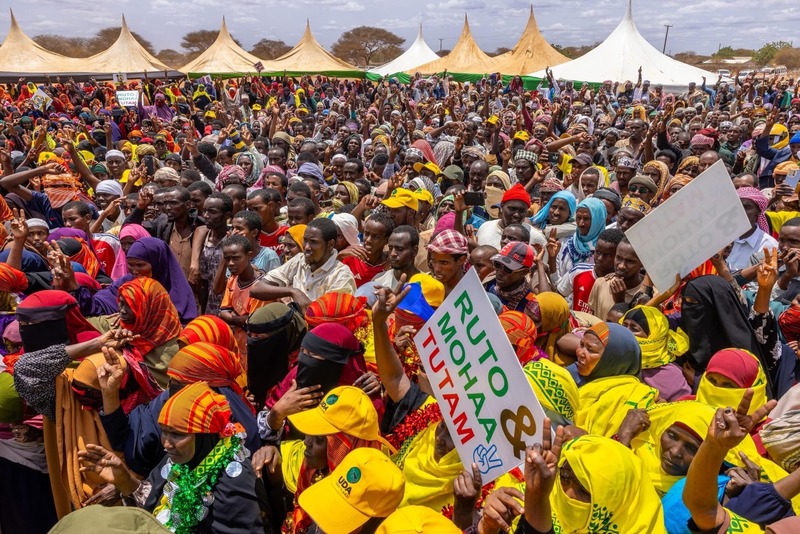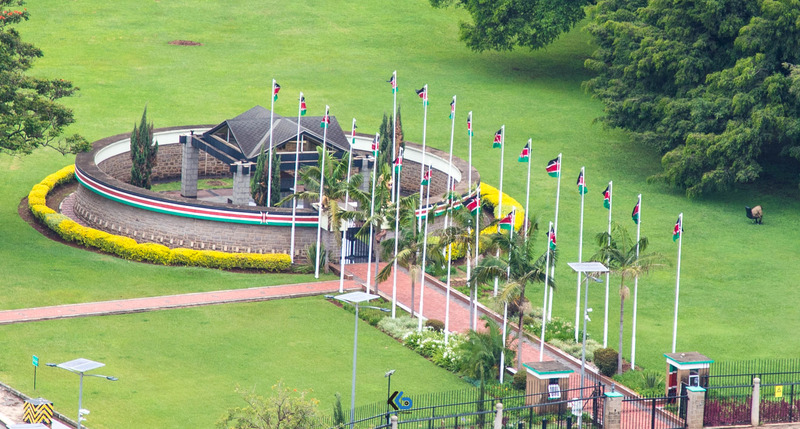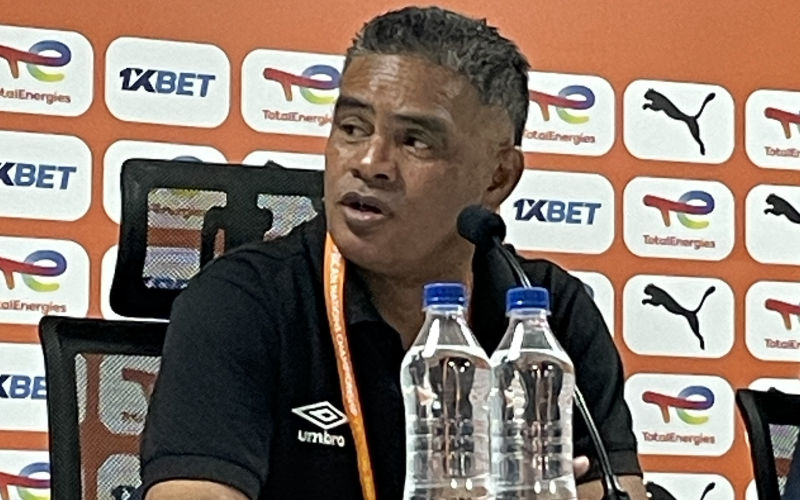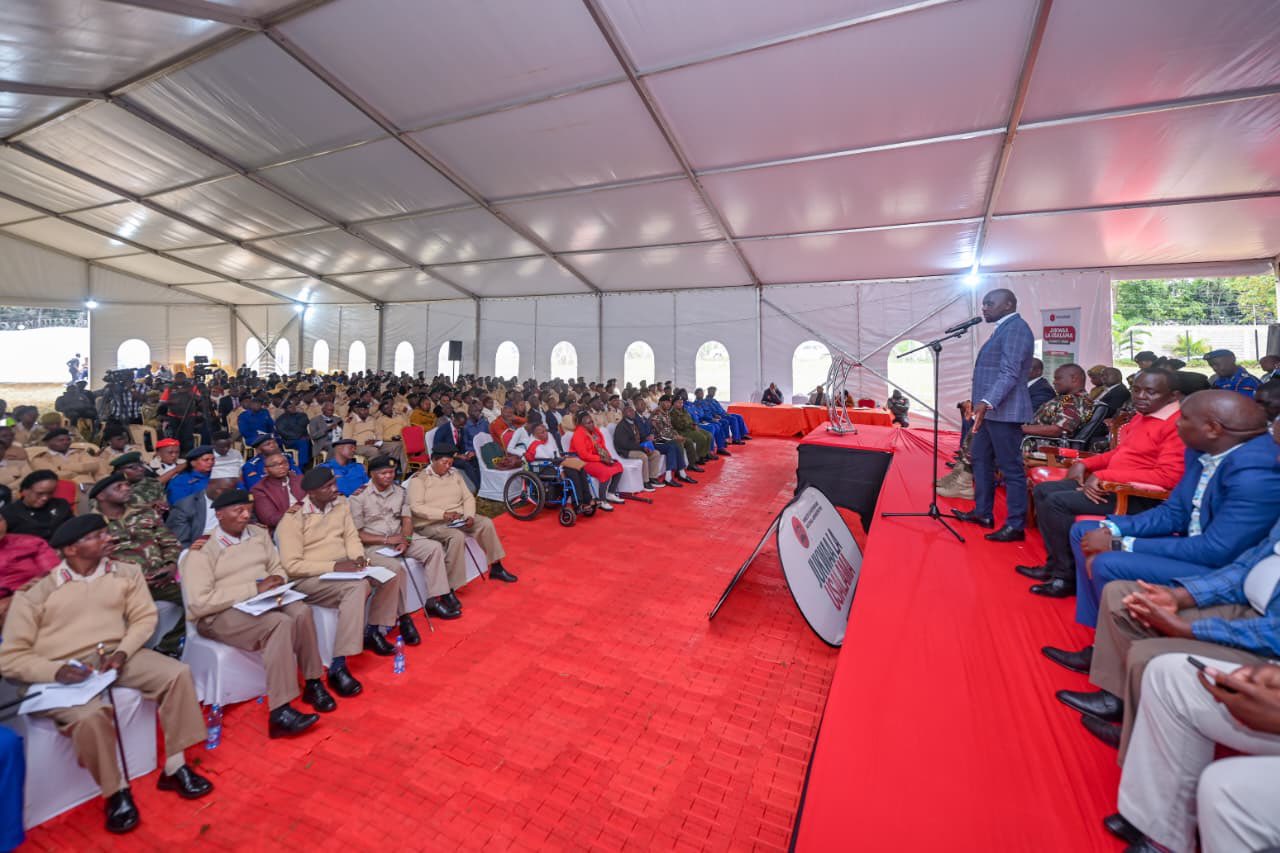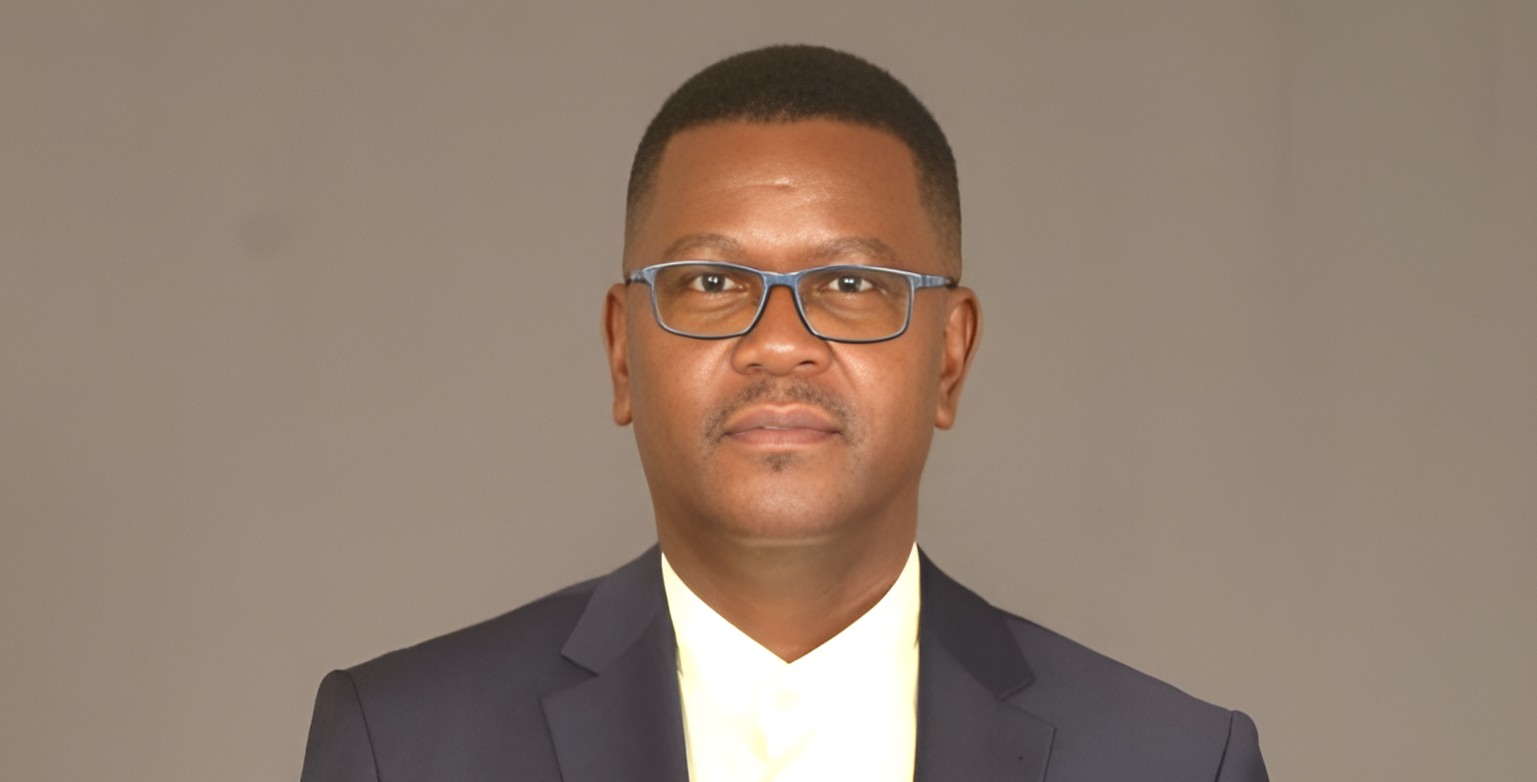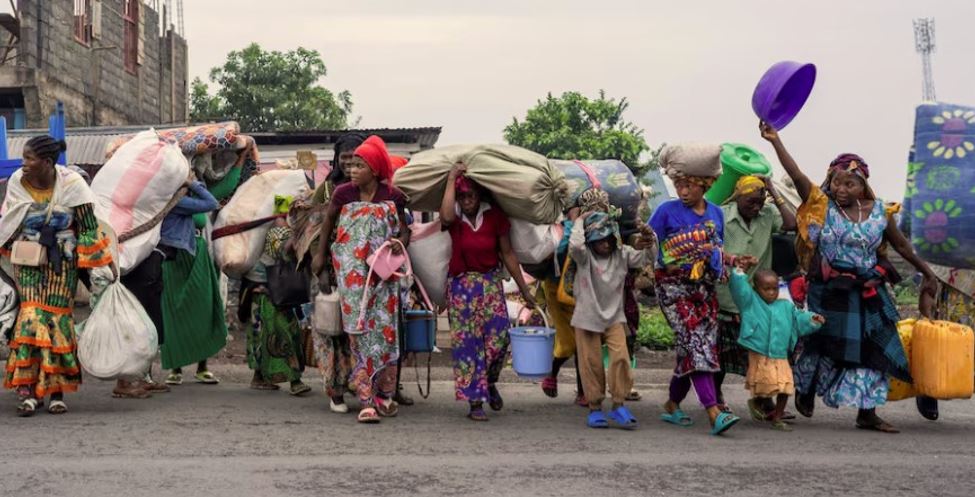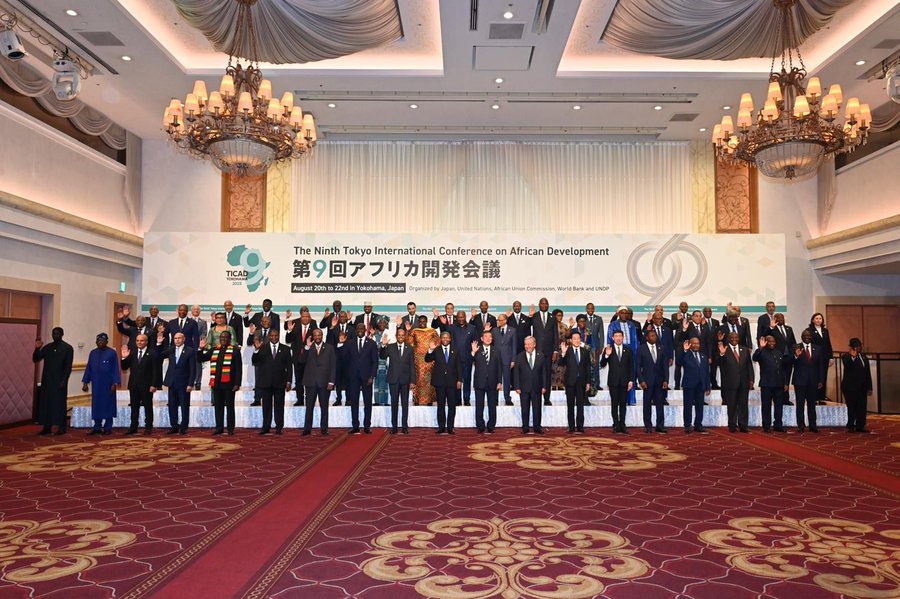How passion for the elderly helped Isiolo woman transition from politics
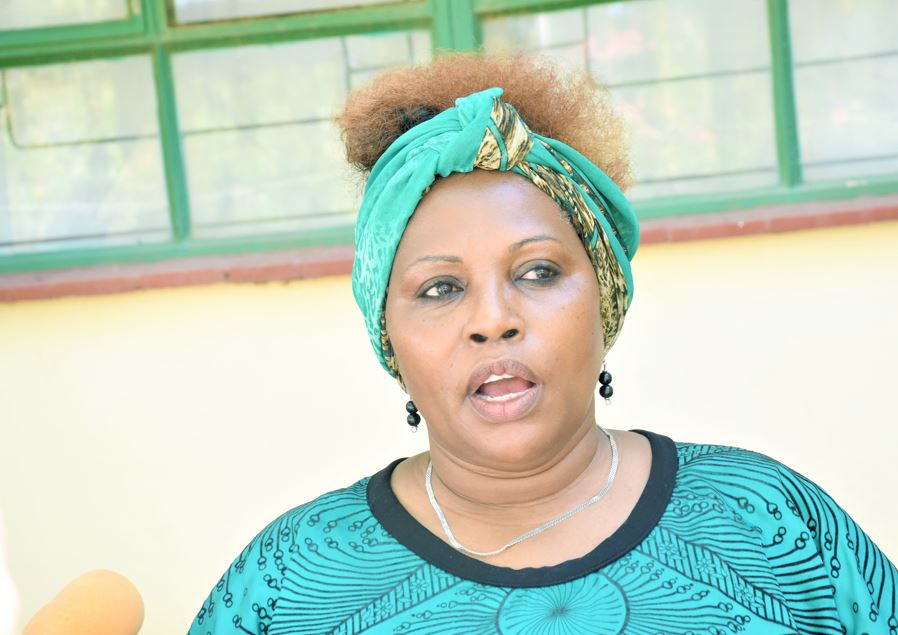
Lucy Mworia's passion for persons aged above 60 years was informed by a lack of clear laws to protect and safeguard their rights.
For a decade, Lucy Mworia, a trained nurse, had to endure harassment, betrayal and insults in the murky world of politics which is full of discriminatory cultural norms that mostly favour men.
Her first stab at a political seat was in 2013 when she unsuccessfully vied for the Isiolo Woman Representative’s position before trying out her luck in the Isiolo North MP’s race twice and losing.
More To Read
- State disburses Sh4.6 billion for delayed Inua Jamii stipends
- State to link Inua Jamii payments with civil records to curb fraud
- State to link Inua Jamii cash transfer system with civil registry to eliminate ghost beneficiaries
- Treasury injects Sh12.5 billion into Inua Jamii to sustain cash transfers for vulnerable Kenyans
- Millions to benefit as social protection budget increased to Sh41.4 billion
- Sub-Saharan Africa tops global list with 827 million people lacking adequate social protection
A peace crusader and human rights activist, Mworia had, before venturing into politics, been at the forefront of championing peaceful coexistence among communities living in Isiolo.
Different from usual scenarios witnessed after elections where losers live desperate lives after exhausting their resources during campaigns, Mworia went on with life after losing in the last elections as if nothing happened.
"Life must move on no matter what. When you get into politics, you must be ready for either outcome and have the courage to stay positive if things don't go your way," she said.
A month after the August 2022 elections, her desire to promote the welfare of elderly persons, which she developed while working in the United States between 2011 and 2012, was rekindled.
She worked as the Manager at Sonata Hospice, which offered specialised care and support to individuals with terminal illnesses.
The transition from politics into advocacy work gave birth to her Kenya Pro-Ageing Organisation which targets the ageing, the aged, retiring and retired people as well as single parents in Kenya.
"I enjoy working with and for the people. Serving the elderly persons and putting a smile on their faces is more satisfying than politics especially because I am serving a larger scope of Kenyans," Mworia told The Eastleigh Voice.
Her passion for the elderly who are persons aged above 60 years, she says, was due to a lack of clear laws to protect and safeguard their rights.
Terming them among vulnerable groups, Mworia said it is sad that the senior citizens continue to suffer neglect from the government whose Inua Jamii social protection programme that provides beneficiaries with Sh2,000 monthly has not been transformational as the money cannot cater for their basic needs.
The 61-year-old Mworia said just like the youth, women and persons living with disabilities, the elderly should also be considered for the Access to Government Procurement Opportunities (AGPO) programme to empower them economically.
Due to harsh economic times and the high unemployment rate in the country, elderly persons are increasingly being left alone in the villages as young people move to urban centres with their families to work.
"They suffer loneliness and neglect which affects them psychologically. Some of those who remain behind with them mistreat them as they perceive them as a nuisance due to ageism," Mworia said.
Draft Bill
A bill sponsored by Githunguri MP Gathomi Wamuchomba that sought to introduce a council to advocate and fight for the rights of the elderly including priority during service provision was recently dropped by the National Assembly at the second reading.
The council, according to the draft Bill, was to also prepare a database detailing their locations and their specific needs and priorities for planning purposes.
"Many of them require mobility and hearing aids, cataract correction among other needs. Who speaks, fights, advocates or budgets for them?" Wamuchomba wondered after the bill was shot down.
The lawmaker had also included in the draft a provision for training of community health promoters and social workers on geriatrics which is a branch of medicine that deals with problems and diseases of old age and provision of medical care and treatment.
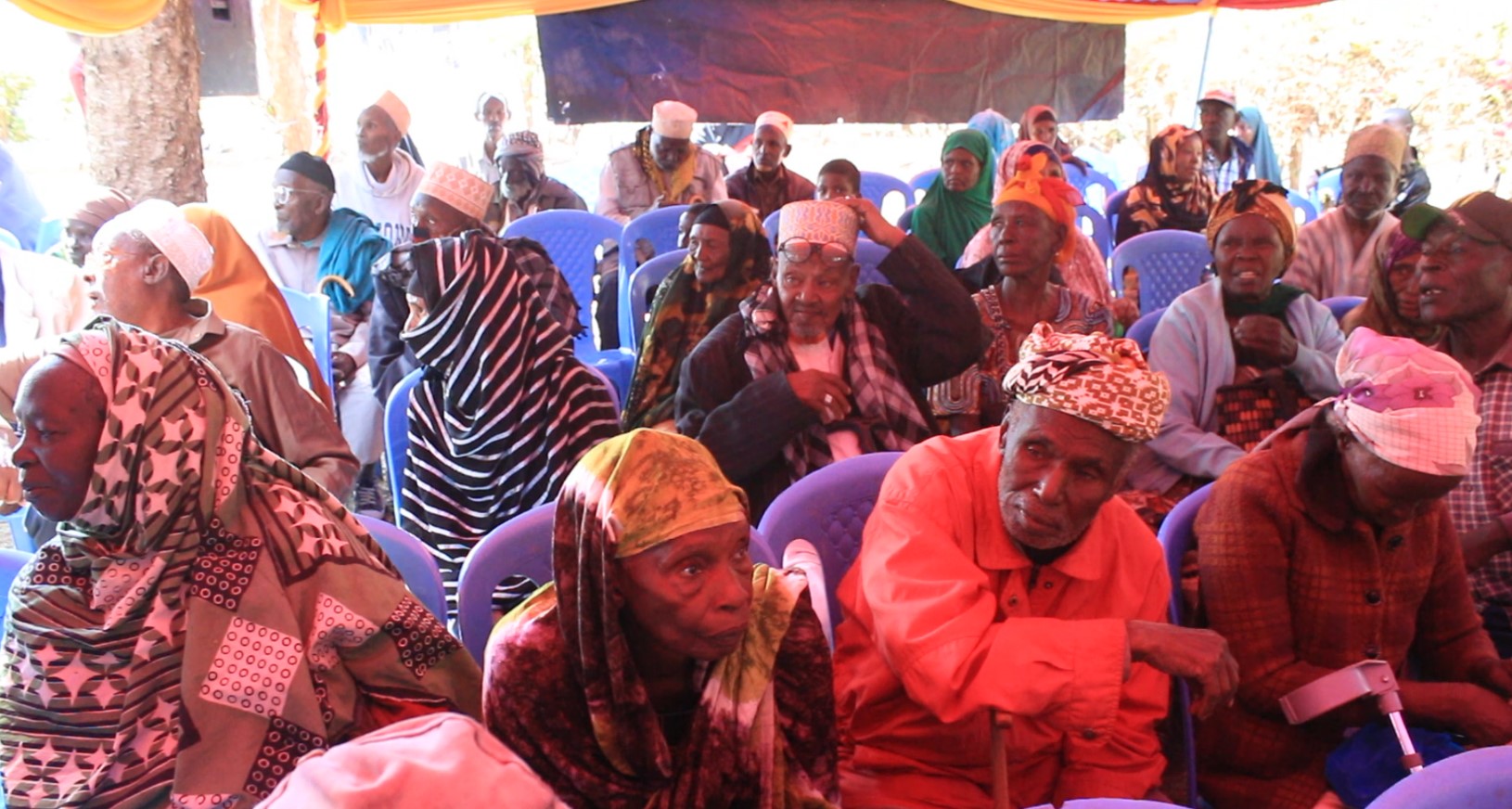 Elderly persons who enrolled in NHIF in Isiolo town. (Photo: Waweru Wairimu)
Elderly persons who enrolled in NHIF in Isiolo town. (Photo: Waweru Wairimu)
A government-sponsored senior citizens bill stalled following the recent dismissal of Labour CS Florence Bore under whose ministry the elderly persons fell.
Wamuchomba had proposed in her legislation that elderly persons’ issues be handled by a council and not the Labour Ministry.
Mworia said while Article 57 of the Constitution recognised the rights of older persons to live in dignity and respect, be free from abuse and receive reasonable assistance from the state, there were no efforts or initiatives by the government to ensure the provision was achieved.
"That is why a lot is required to change the mindset on the way Kenyans think and act towards elderly persons while also reducing discrimination and promoting their wellbeing," she said.
Social media leverage
Her organisation has been leveraging social media to champion the rights of senior citizens and legislation to safeguard their welfare.
Mworia has in the last two years interviewed more than 60 people, among them retired civil servants, lawyers, medics, serving MPs, celebrities and renowned persons as she seeks to share real-time experiences and challenges that older persons face.
Among those who have participated in the programme include veteran journalist Leonard Mambo Mbotela, former director of presidential press service Lee Njiru, political analyst Herman Manyora, Busia Senator Okiya Omtatah and Rev Timothy Njoya, a theologian and human rights activist who publicly protested autocracy during former President Daniel Moi's era.
"We also visit public barazas, churches and mosques and run conversations online to amplify the voices of the elderly for action by the duty bearers," said Mworia.
Having served the country in both the public and private sectors before retiring, Mworia said the elderly persons have a wealth of insights and experience that the government could tap into.
Like other Kenyans, she said, they too deserve an opportunity to participate in a range of issues affecting them but are hardly involved or invited to share their views during public participation sessions.
From abandonment in the village by their children to reduced involvement in key decisions in families and grappling with a myriad of illnesses, the majority of the senior citizens who have shared their stories online are a disappointed lot as some report being mistreated inside the same houses they sacrificed to build.
One of them, Zablon Moose, a 78-year-old retired teacher from Kisii County, was diagnosed with asthma four years after he retired before later developing hypertension and diabetes.
"It is challenging because I cannot walk to the hospital whenever I require immediate help (due to asthma) and I have to carry out diabetes tests daily at home which is something I can't do by myself," he said in a recent interview with Mworia.
Her paltry Sh6,000 monthly pension is hardly enough to pay for his bills, making him depend on well-wishers and friends.
Thomas Olekesio from Narok who was rescued from a cave in July last year, is among those living dignified lives after their plight was highlighted by Mworia’s organisation.
Well-wishers and a local church built a house for him.
"I would have died in the cave and my body eaten by animals. I now have friends who visit me which makes me feel loved," he said.
Elderly persons are estimated to be about three million in Kenya, according to the 2019 census, and the number is projected to triple in a decade due to, among others, families siring fewer children.
Mworia’s organisation, with a presence in 25 counties, also trains young people in preparing for retirement so that they do not find themselves in a catch-22 situation later.
According to Mworia, county and national governments should ensure the elderly have dignified lives, free of discrimination, neglect and abuse by coming up with regulations and legislation to accelerate and promote their empowerment.
She cited fair treatment during the distribution of relief food and the establishment of elderly-friendly structures in public offices as well as increased social protection funds among the measures that would significantly improve the lives of senior citizens.
"They should set up day-care centres where the elderly persons can go and interact, share meals then return home in the evening to ensure they do not suffer psychological trauma due to loneliness," she said.
There are currently a few homes for the elderly in the country, with a majority being faith-based.
Mworia said she is committed to exploring ways to reduce social isolation and mental health issues among the elderly, as well as lobbying for comprehensive laws and legislation to help them.
Top Stories Today
